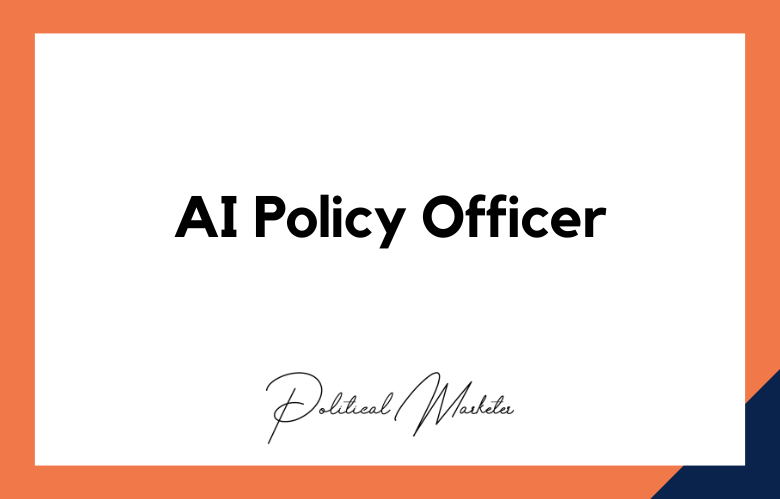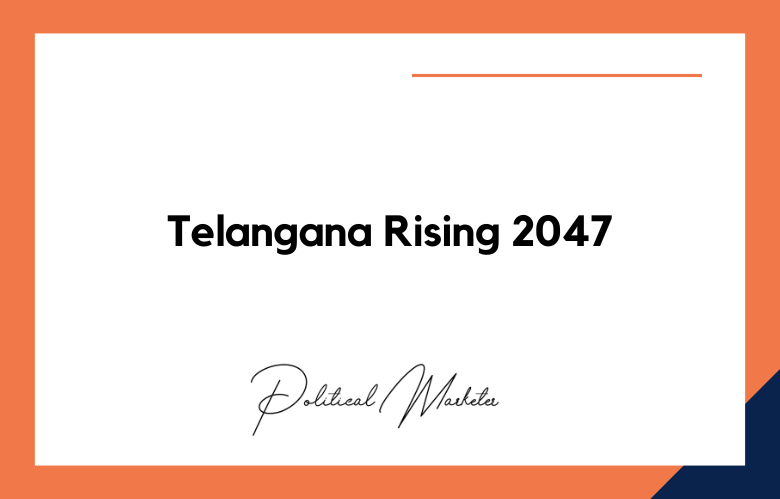In today’s digital age, political parties must stay up-to-date with the latest technologies and web trends. Most of the world’s population uses the internet and social media to connect, communicate, and consume information.
These political parties must embrace digital transformation and risk losing their relevance and competitive edge.
We will explore the benefits of digital transformation for political parties and how it can lead to more effective campaigning, improved voter engagement, and, ultimately, increased success at the polls.
What is Political Party Digital Transformation?
Political party digital transformation refers to shifting political party operations from traditional methods to modern technology to achieve better results.
Digital transformation has been a game-changer globally for businesses, governments, and even political entities.
Political parties now rely on digital platforms to run their operations, run campaigns, raise funds, and meet their supporters.
With digital transformation, political parties can now communicate directly with their supporters, offer online platforms for feedback, and stream live events, among others.
Therefore, political party digital transformation is geared towards modernizing and streamlining political party operations, making them more efficient and accessible.
Political Party Digital Transformation: A Necessity In The Modern Age
In the modern age, we have seen a drastic shift toward digital technology in almost every sphere of our lives, and politics is no exception.
With the rise of social media, digital campaigns, and data-driven analytics, political parties find it increasingly necessary to adapt to these changes.
The digital transformation of political parties has become necessary to reach a broader audience, connect better with the people, and ultimately win elections.
We will explore how political parties are undergoing digital transformations and changing the political landscape.
The Digital Transformation of Political Parties: How Technology is Changing Politics.
One of the critical changes in today’s world is the growing prevalence of technology in everyday life. In recent years, political parties have also begun to take advantage of technology to improve their outreach, communication, and overall operations.
Digital transformation involves using technology to streamline processes and improve organizational communication, significantly transforming political parties.
We will examine how digital transformation is changing the political landscape and discuss the advantages and disadvantages of this transformation.
The use of technology in political parties is not new, but the extent to which it is utilized today is unprecedented.
Digital transformation has allowed political parties to collect and analyze data on voting habits, opinions, and preferences. This data will enable them to tailor their messaging and outreach efforts more effectively.
The Political Parties of Today: A Digital Transformation.
It is no secret that technology has permeated every aspect of our lives. With social media and smartphones, our world has become increasingly digitized.
And now, political parties are no exception. Political parties have quickly adopted the latest digital tools to reach their constituency better. The result is a digital transformation shaping the future of political engagement and activism.
One of the most effective ways political parties use digital technology is through social media. Social media platforms like Facebook, Twitter, and Instagram have become vital tools for political communication.
Political parties can use these platforms to disseminate their message, mobilize supporters, and engage with the public.
It is estimated that 80% of Americans use social media, which means that political parties can reach a large audience through social media.
The Future of Political Parties Digital Transformation.
The digital transformation of politics is set to continue as more people adopt smartphones, the internet, and social media.
Political parties must continue evolving their strategies, operations, and communication channels to keep up with this digital evolution.
The future of political party digital transformation is exciting and essential in democratizing political systems worldwide.
Benefits of Political Party Digital Transformation.
Improved Targeting and Personalization:
By collecting and analyzing data from various sources and platforms–including social media, email, and website analytics–, political parties can gain valuable insights into their audience’s interests, preferences, and behaviors.
This knowledge can then be leveraged to develop more targeted and personalized campaign messages that resonate with voters and drive engagement.
Digital transformation can enable political parties to use advanced targeting strategies to reach specific audiences and demographics, increasing efficiency and effectiveness.
Enhanced Communication and Engagement:
Political parties that effectively embrace digital transformation can leverage the power of social media and digital platforms to reach voters where they are.
With an active and engaging social media presence and targeted digital advertising, parties can communicate more effectively with voters and engage in a two-way dialogue that builds trust, loyalty, and advocacy.
Digital platforms such as online Q&A sessions, virtual town hall meetings, and online polls can encourage and facilitate community engagement and participation.
Cost-Effective Campaigning:
Digital transformation can significantly reduce the costs associated with political campaigns. Traditional campaign methods, such as print media and television advertising, can be expensive and have limited reach.
By contrast, digital platforms offer a cost-effective way to reach a wider audience, with options for highly targeted advertising and organic reach.
Digital platforms allow real-time tracking and managing campaign spending, ensuring funds are used effectively and efficiently.
Accessible and Inclusive Politics:
Digital transformation also has the potential to make politics more accessible and inclusive. By leveraging digital platforms, political parties can reach individuals needing access to traditional forms of political engagement, such as live events or direct mail.
Moreover, digital platforms can provide a space for marginalized communities to engage and connect with the political process, ensuring their voices and perspectives are heard and represented.
Enhanced Data Collection and Analysis:
Digital platforms enable political parties to collect and analyze data in real-time, providing valuable insights into campaign effectiveness, voter trends, and targeting strategies.
By analyzing data over time, political parties can identify patterns and opportunities for improvement, leading to more effective and data-driven decision-making.
Conclusion:
The benefits of digital transformation for political parties are clear. By leveraging the latest technologies and web trends, political parties can develop more targeted, personalized, and engaging campaigns that reach a wider audience and drive greater engagement and advocacy.
Moreover, digital platforms provide a cost-effective way to manage campaigns, track spending, and analyze real-time data. As technology advances, political parties must adapt and evolve, staying on the cutting edge of digital innovation to ensure their continued success.
Call: +91 9848321284
Email: [email protected]










